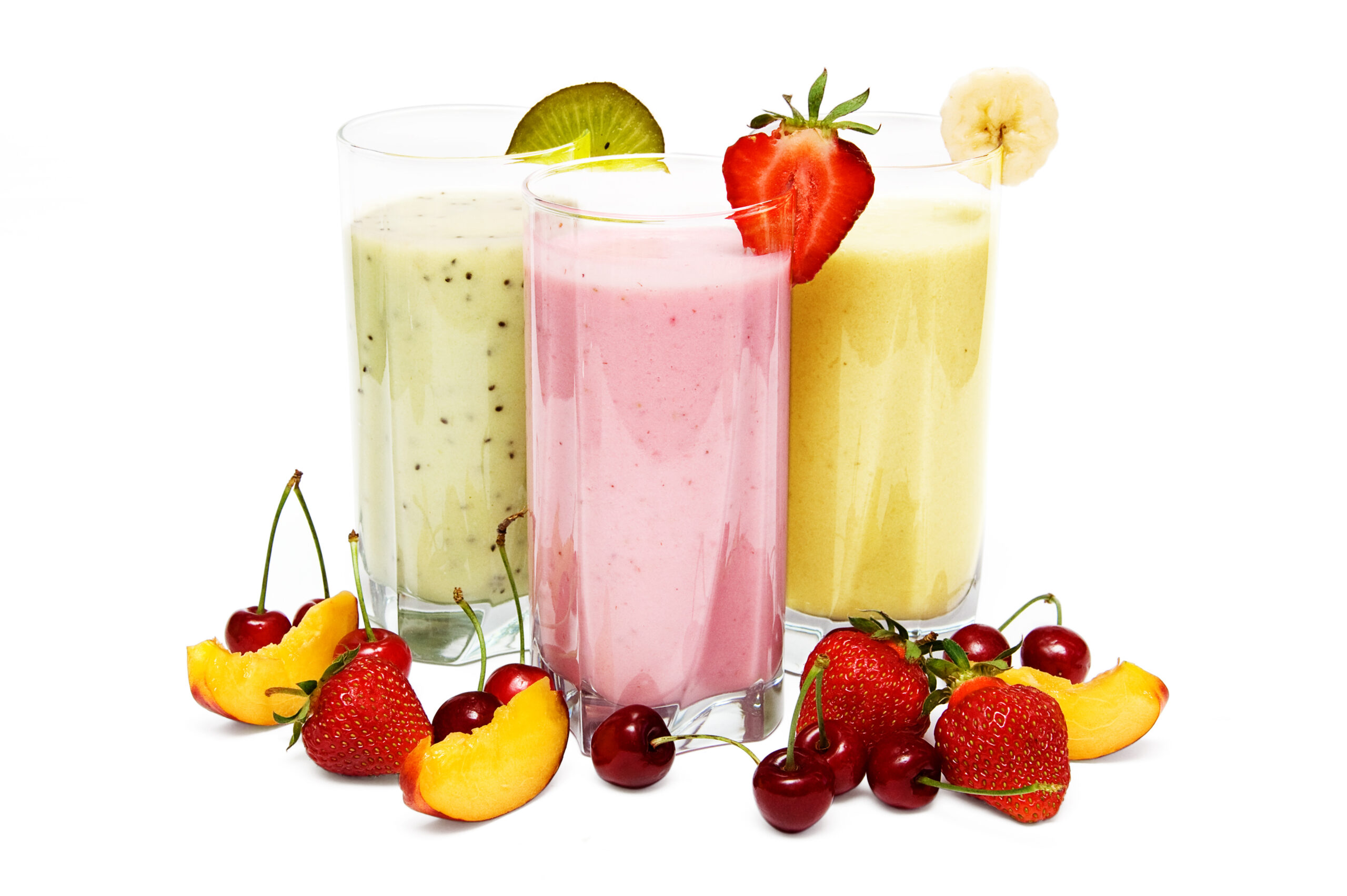By Mary Spiegelberg and Nicole Kiley, MSc, RD
You got out of bed, hit the gym and now the world and day are yours for the taking! Well, that is right after you do a few of the essentials. Most of them are pretty straight forward…get home, shower off the sweat, throw some clean clothes on, let your boss know you are running late (again), find those keys you swore you just set down- you know, the usual stuff. In all of that hustle, it is no surprise that post-workout nutrition is abandoned.
The science of recovery nutrition ultimately boils down to the combination of four main categories: Carbohydrates, Proteins, Fluids and Electrolytes. The combination of these elements is needed in order to refuel, rehydrate, repair and rebuild muscles after a training session.
During intense activity, your body uses glycogen (carbohydrates) for fuel. Think of it as a pool of potential energy stored in your muscles. As you exercise your glycogen stores are depleted, which causes fatigue and a decrease in athletic performance. Consuming carbohydrates immediately after working out will replenish depleted glycogen stores. Carbohydrates also help us absorb protein!
Protein is another macronutrient critical for recovery. Protein’s primary role is to rebuild and repair the damage done to muscles. Protein helps to preserve and/or build lean body mass, so whether you are looking to lean out or put on a few pounds of muscle, consuming adequate protein is essential.
Next is fluids. Over two-thirds of your body is made of fluid and your level of hydration directly affects recovery. Did you know the more dehydrated you are the longer it takes your body to restore normal fluid balance? Another fun fact, the more dehydrated you are, the more inefficiently you burn carbohydrates! These effects are coupled with potential decreases in energy, performance, headaches, and fatigue. If you are going for a long run or are training in the heat, it may be beneficial for you to weigh yourself before and after your workout. You don’t have to get crazy with it, but for every pound lost through exercise, it is recommended you drink between 16 and 24 oz. of fluid. This will help you restore proper fluid balance.
Last but not least, electrolytes! The general exerciser may not have to worry about this category, as most of our meals contain electrolytes (sodium, potassium, calcium, magnesium, chloride). However, if you are training for longer than an hour and a half, or consider yourself an excessively salty sweater, you may be at risk for electrolyte imbalance. Electrolytes are critical for survival and contribute to fluid balance, muscle (and heart) contraction, and nerve impulses. Extreme electrolyte imbalance (hyponatremia – low sodium) can be deadly, so if you’re going for a hard, long training session, feel free to add a dash of salt to your next meal. You can even add a quick dash of salt and fresh squeezed lemon to your water during training!
So both carbohydrates and protein are needed for recovery, but how much? It is recommended that one consume a carbohydrate to protein ratio between 2:1 and 4:1 depending on the intensity and duration of their workout and goals. Where do you fall in those ranges? Below we’ve created a quick and dirty list of recovery meals based on sample training and goals.
*Note: these nutritionals are a rough estimate and can be further adjusted to meet your specific needs.
Strength Training
Goal: increase strength, build muscle
Weighing 150 pounds
2 or 3:1 carbohydrate to protein ratio
Strawberry Banana Smoothie
55 g Carb to 25 g Protein
12 oz. coconut water
¾ cup plain Greek Yogurt
1 small banana, frozen
1 cup frozen strawberries
1 large handful baby spinach
1 Tbsp. chia seeds
Endurance Training
Goal: optimize training, performance
Weighing 150 pounds
*Note for exercise >90 minutes, recommended 30-60g carbs per hour during exercise in addition to the recovery meal listed below. With extended endurance training, you will also need to replenish fluid and electrolytes
4:1 carbohydrate to protein ratio
Breakfast Bowl w/ Hardboiled Egg
80 g Carbohydrate to 20g Protein
½ cup rolled oats
1 small banana, sliced
2 Tbsp. natural peanut butter
1 Tbsp. honey
2 tsp. hemp seeds
Cinnamon
1 pasture-raised egg, hardboiled
Circuit Training/Mixes it Up
Goal: weight management, general wellness, weight loss
Weighing 150 pounds
1 or 2:1 carbohydrate to protein ratio
Yogurt Parfait
30 g Carb to 30g Protein (1:1)
¾ cup Greek yogurt
1 Tbsp. chia seeds
¼ cup organic granola
1/3 cup mixed berries
Chicken or Beef Bowl w/ Fresh Fruit
60 g Carb to 30g Protein (2:1)
3 oz. boneless, skinless chicken breast or grass-fed steak
1 cup cooked rice
1 cup cooked veggies
Scallions
Hot sauce
½ cup fresh berries or tangerine
While finding time for a workout can be a task in itself, ensure you take the time to plan your recovery nutrition! You have a window of opportunity to capitalize on your hard work by giving your body what it needs to adapt. Don’t forgo this chance because of poor planning. Get those results you are looking for by consuming your post work-out meals within 15 to 60 minutes of completing a workout. Your body will thank you!






